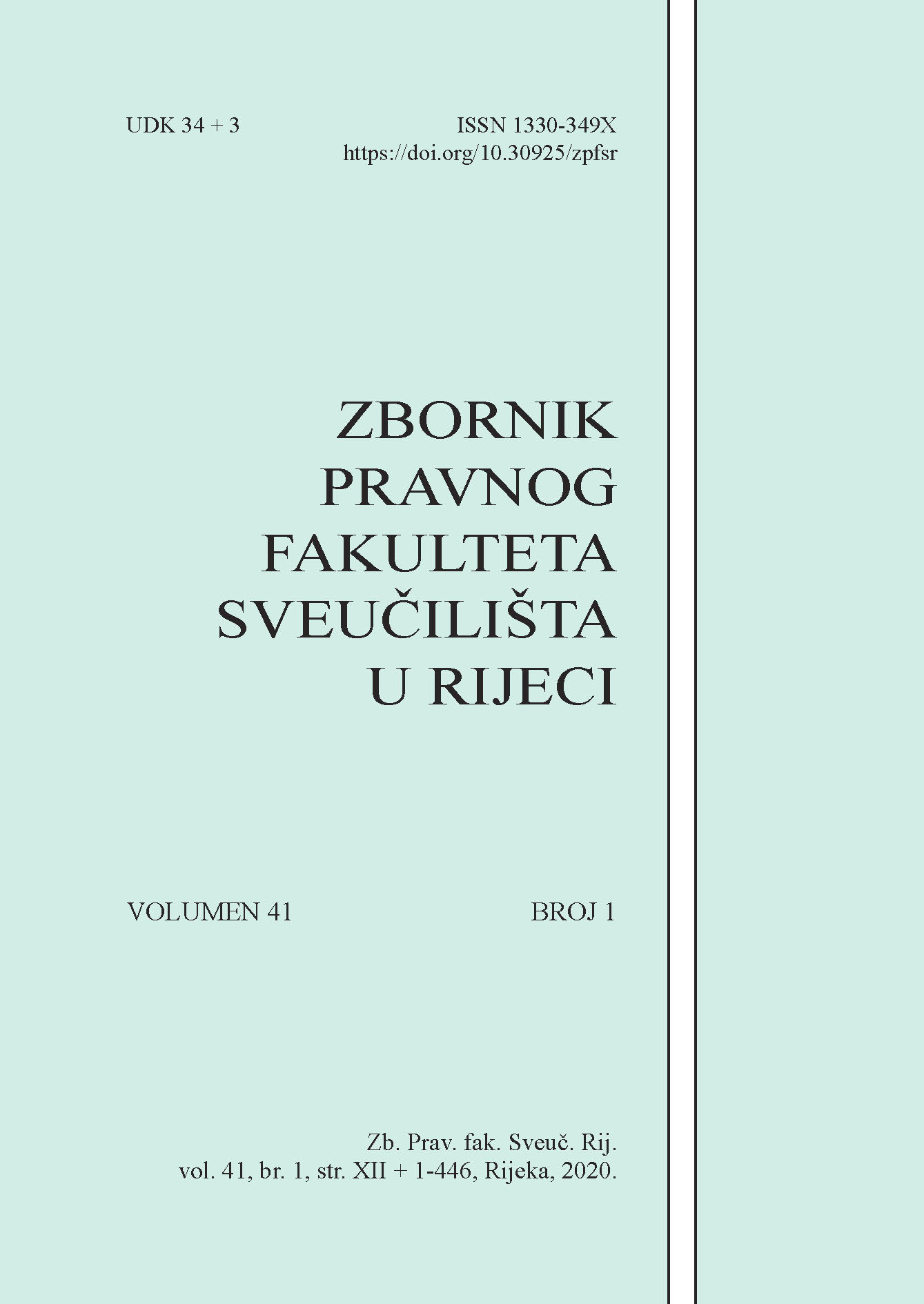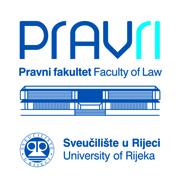RICHNESS AND DURABILITY OF HUMAN RIGHTS IN LEGAL SOURCES (DOCUMENTS) OF THE INTERNATIONAL LABOUR ORGANISATION
(100 YEARS OF ILO, 1919-2019)
DOI:
https://doi.org/10.30925/zpfsr.41.1.13Keywords:
International Labour Organization; human rights and freedoms; sources of International Labour Law; working conditions and human rights at workAbstract
The founding and launching of the International Labour Organization (ILO) in 1919 continued the centuries-long journey and development of natural rights (“human rights”) and their legal formation of capricious and heterogeneous relations (of all content) in the world. The ILO Constitution has been in force for a hundred years, and under which the General (General) Assembly UN has passed Conventions, Recommendations and other documents on working conditions (in the broadest sense), which by ratification and acceptance have become part of the legal system of States and by legal force above national law. The sources of UN law and other legal and legitimate international and regional organizations, the principles and norms of law created (and still creating) by the ILO form the body of international labor (and social) law. The subject of this paper is a review of the hundred years “treasure” created under the auspices of the ILO on human rights and freedoms, primarily at work (human rights and freedoms at work), and the attitude that no legal norm of positive law should conflict with the principles and rules on human rights and freedoms.
Additional Files
Published
How to Cite
Issue
Section
License
Collected Papers is an open access journal. Journal does not charge article processing charges (APC) to authors. It is licensed under CC BY-NC licence 4.0.
Collected Papers of the Law Faculty of the University of Rijeka" is an Open Access journal. Users are allowed to read, download, copy, redistribute, print, search and link to material, and alter, transform, or build upon the material, or use them for any other lawful purpose as long as they attribute the source in an appropriate manner according to the CC BY licence.
The papers published in "Collected Papers of the Law Faculty of the University of Rijeka" can be deposited and self-archived in the institutional and thematic repositories providing the link to the journal's web pages and HRČAK.
Upon acceptance of the manuscript for publication by this journal, the author can publish same manuscript in other journals only with the permission of the Editorial Board (secondary publication). A repeated publication should contain a notice as to where the manuscript was originally published.



